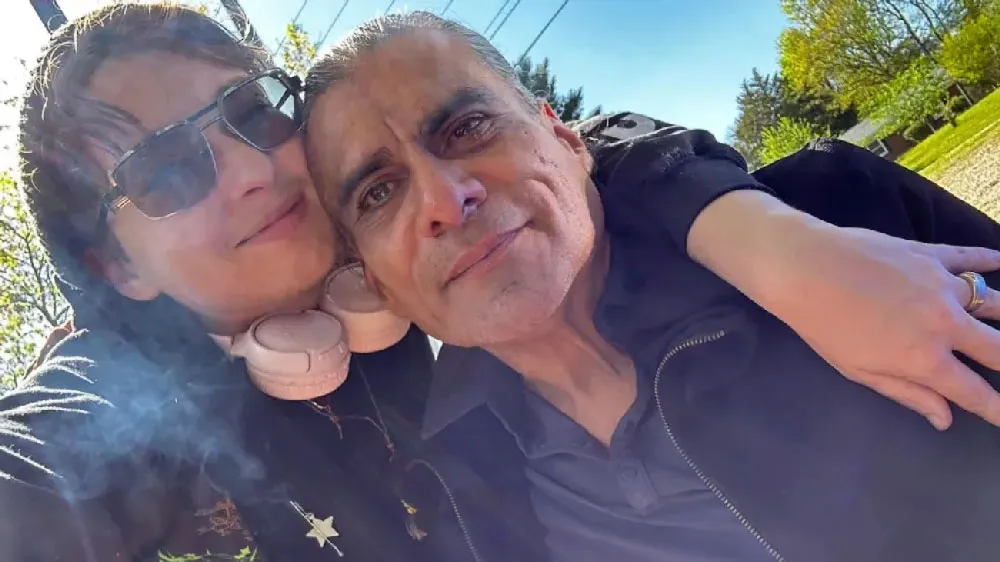December 8, 2021
Federal Judge to Decide if Transgender Athlete Case is Moot
Rebecca Boone READ TIME: 3 MIN.
An Idaho woman says her lawsuit challenging the state's ban on transgender athletes should continue moving through the court system because she is enrolled as a student at Boise State University and plans to play soccer on the school's club team next spring.
Idaho passed the nation's first transgender sports ban last year, barring transgender women from playing on women's sports teams sponsored by public schools, colleges and universities. The law, dubbed House Bill 500 in court filings, doesn't affect transgender men playing on men's sports teams.
After Idaho's legislation was enacted, several other states attempted to follow suit, with lawmakers in more than 20 states proposing similar legislation. Nine states – Idaho, Montana, South Dakota, Texas, Arkansas, Mississippi, Tennessee, Alabama, Florida and West Virginia – have passed some version of a law or executive order to ban or limit transgender students from participating in school sports. Court cases challenging the law are underway in at least four of those states.
In Idaho, the American Civil Liberties Union and Legal Voice, a women's rights group, sued in federal court on behalf of Lindsay Hecox, a transgender woman and track athlete who hoped to run for Boise State University. An unnamed Boise-area high school athlete who is a cisgender woman is also a plaintiff in the case because she fears she could be forced to undergo invasive tests to prove her biological sex if someone questions her gender.
The women contend the law violates the 14th Amendment's Equal Protection Clause because it is discriminatory and the Fourth Amendment's protections against invasion of privacy because of tests required should an athlete's gender be challenged.
In August 2020, U.S. District Judge David Nye stopped the law from taking effect while the lawsuit moved forward, saying Hecox and the other student were likely to succeed in proving the law was unconstitutional. But attorneys representing Idaho officials and the Alliance Defending Freedom, a conservative Christian group that intervened, appealed the ruling to the 9th U.S. Circuit Court of Appeals.
Earlier this year, the 9th Circuit bounced the case back to the federal court in Idaho so a judge could determine if the lawsuit was still relevant. That's because Hecox had since withdrawn from the university after failing to qualify for the cross-country team.
In court documents filed last week, Hecox said she has since re-enrolled at the school and has arranged to join the Boise State women's club soccer team this spring. She's also training regularly in hopes of trying out for BSU's cross-country and track teams when the season opens next fall.
"Just as when she filed this lawsuit, Lindsay is a transgender woman enrolled at Boise State who plans to join a women's sports team there – something H.B. 500 forbids her from doing absent relief," her attorneys wrote.
But lawyers for the state contend Hecox's future is uncertain and that she may change her mind about attending school or trying out for sports. They want the lawsuit thrown out for now, and say Hecox could refile the case later if it appears she's likely to actually run for BSU in fall 2022.
"All this uncertainty about Hecox's future does not justify continuing to impinge Idaho's sovereignty by enjoining a law to benefit an individual that may not need the injunction," the state's attorneys wrote.
Lawmakers in Idaho have argued that allowing transgender athletes on girls' and women's teams would negate progress women have made since the 1972 federal legislation credited with opening up sports to female athletes.
But those opposed to the ban have cited the same Title IX federal civil rights law that prohibits sex-based discrimination.
Once the federal judge in Idaho determines whether the case is moot, the landmark lawsuit will go back to the 9th U.S. Circuit Court of Appeals for consideration.







